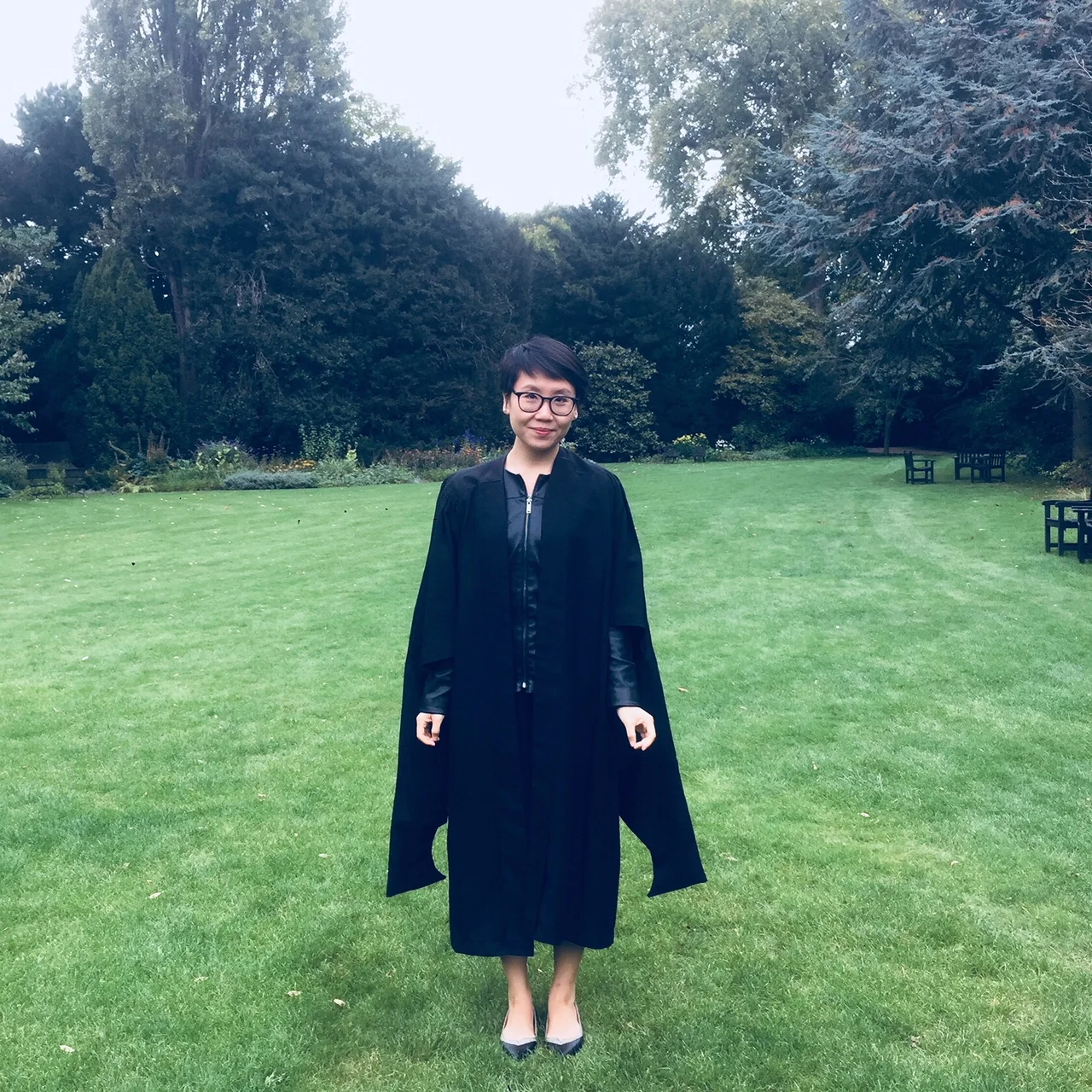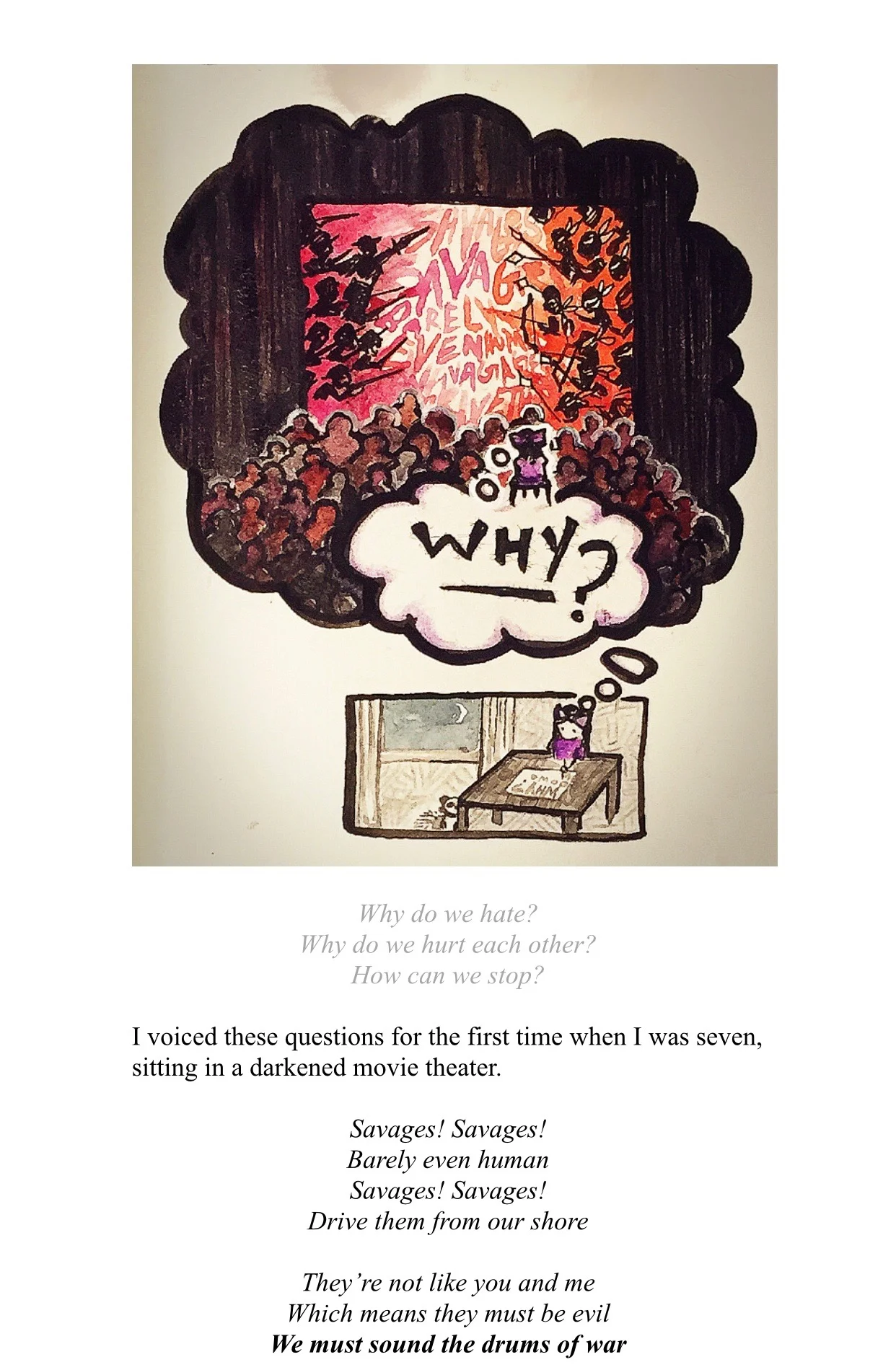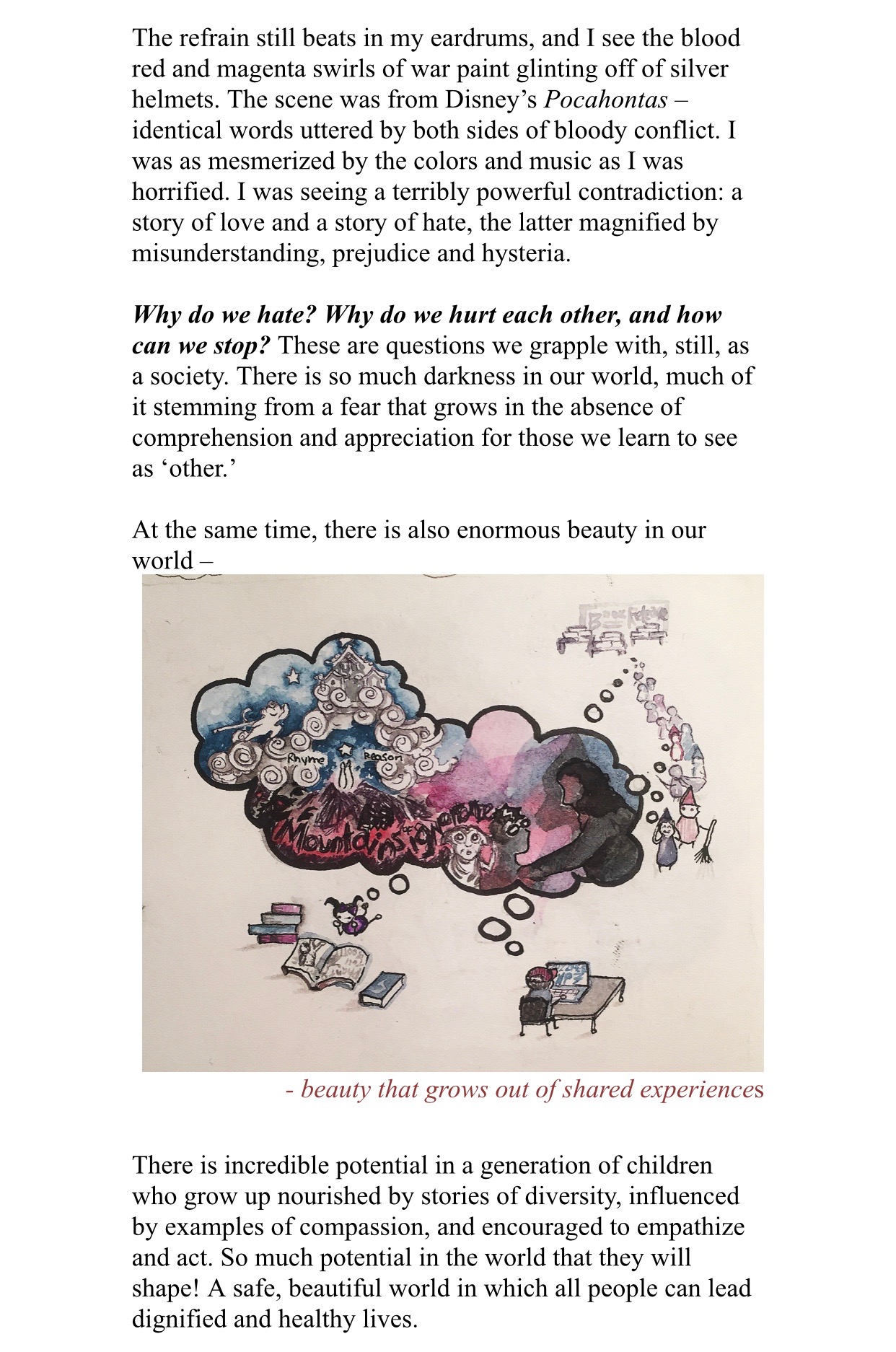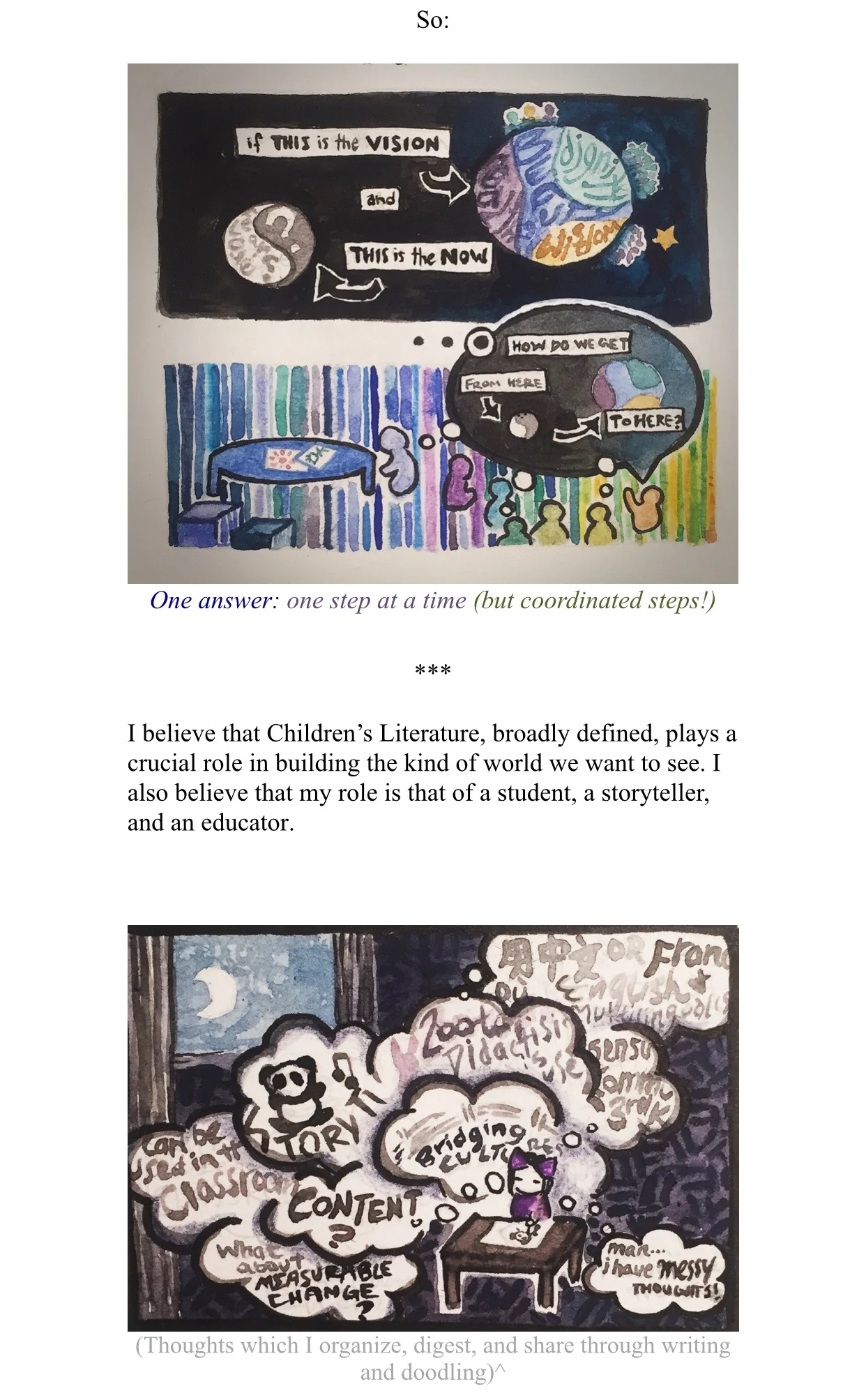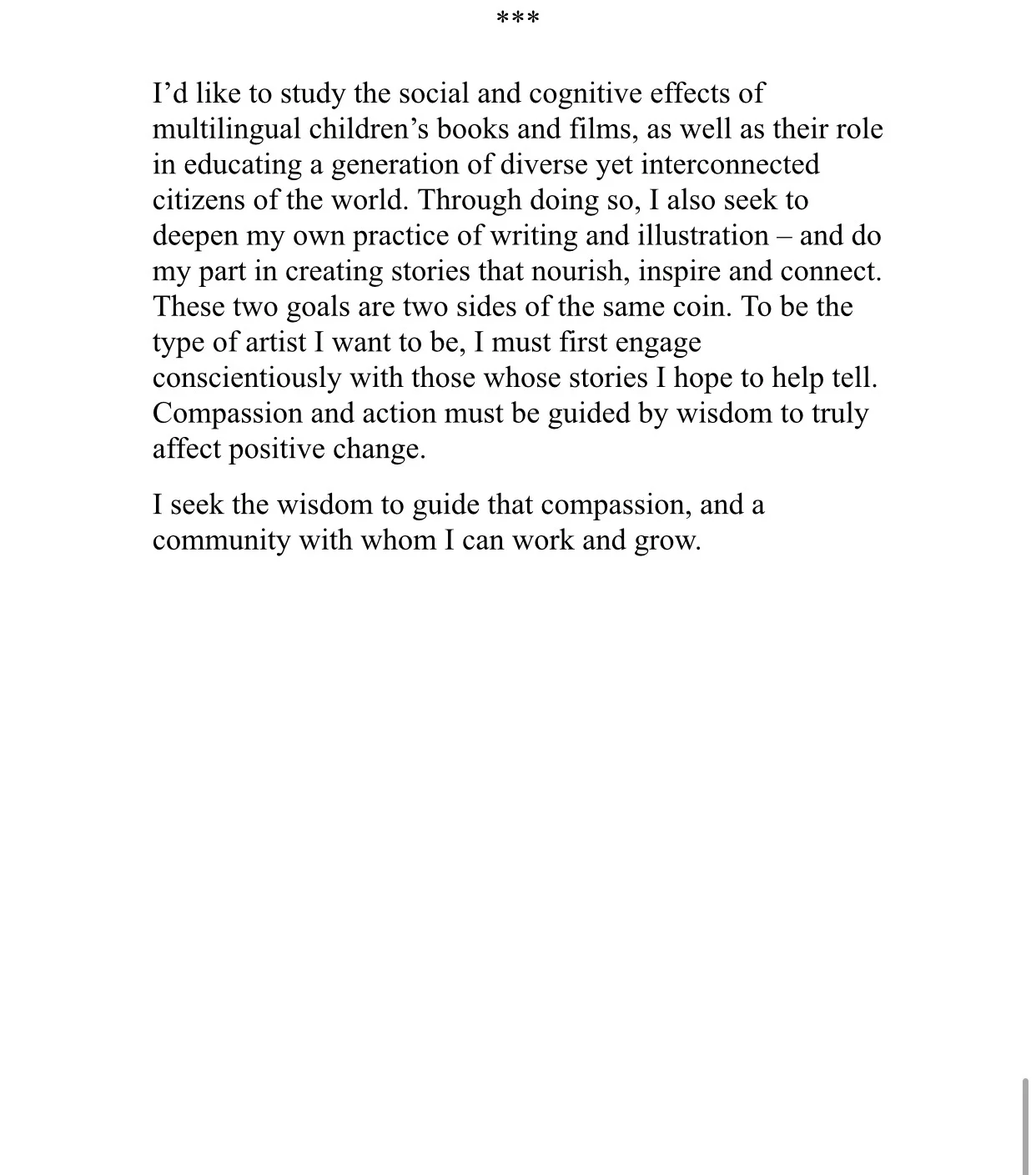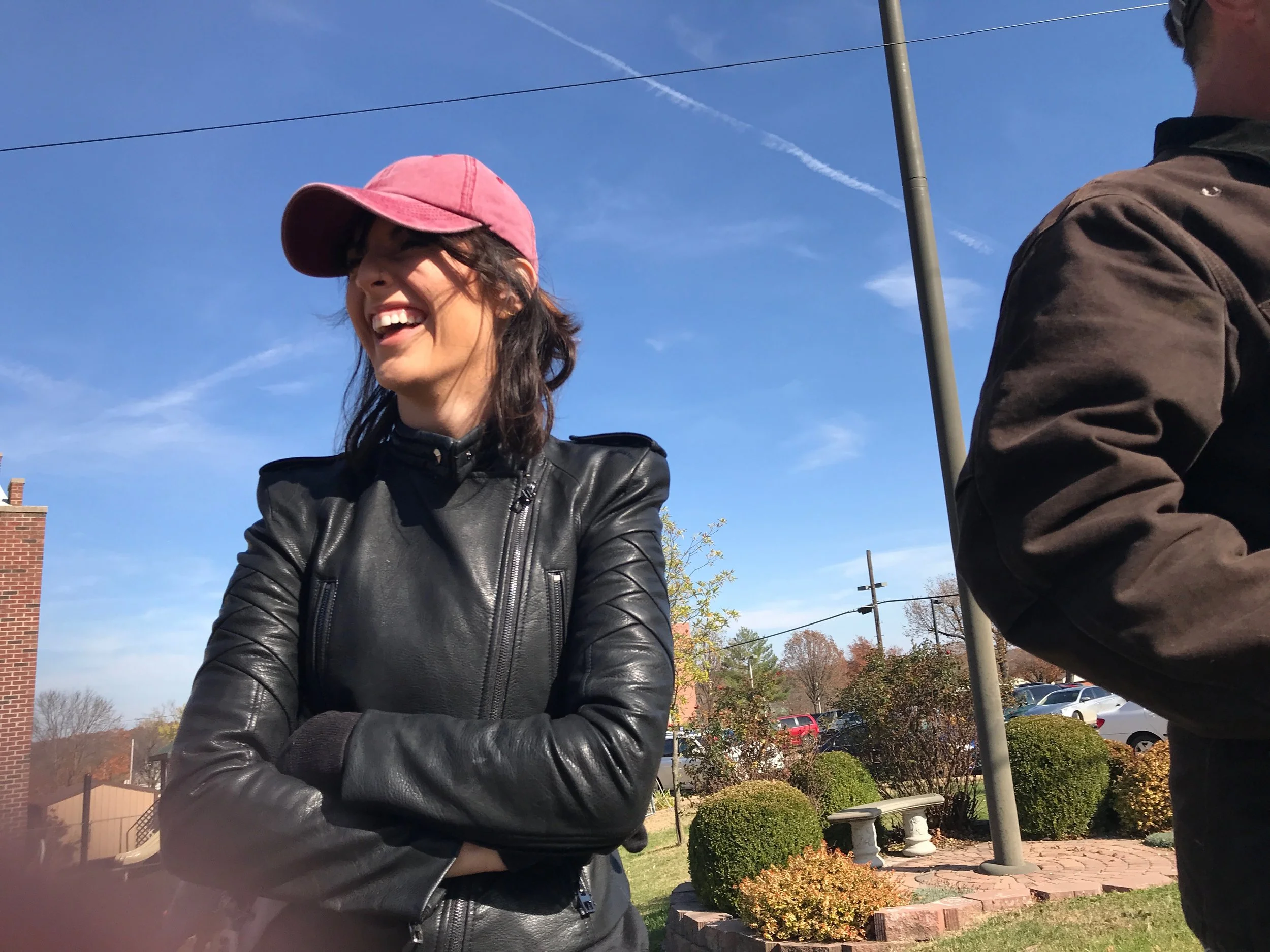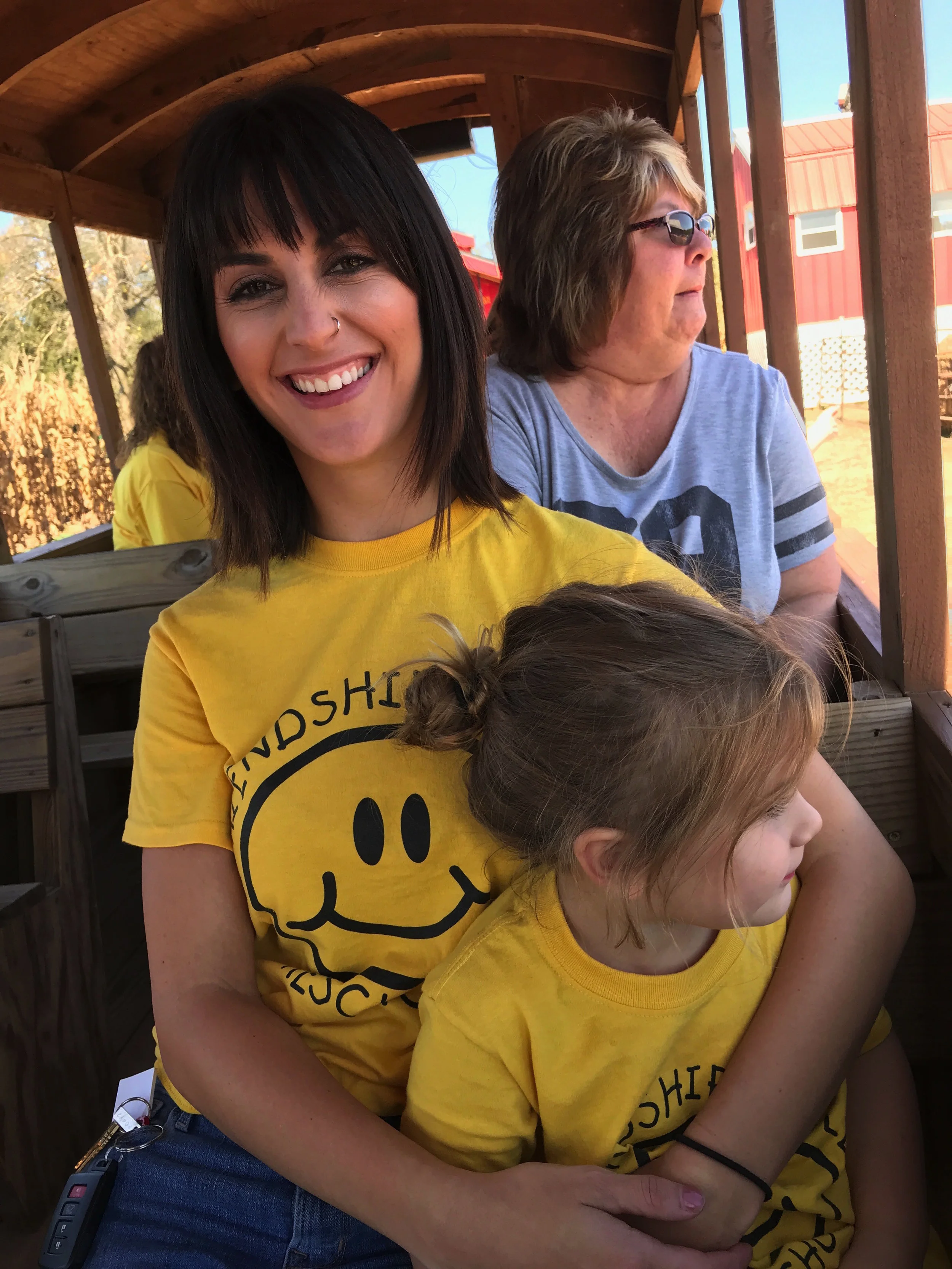Living Dreams: Linda Yi
This section is called Living Dreams. So often I meet people that I'm intrigued by. Just by speaking with them (or in this case following them), I think, "You're living your life, not anyone else's. The one you're supposed to be living." I'd like to introduce you to some of these most wonderful people, too. It may be their philosophy on life, their love, their passion. You don't have to agree with or like everything that everyone says. The point of this is not to reaffirm everything we already believe but instead challenge us to new heights. Hopefully, we engage an open heart where people are free to be different and not a threat, thus shaping us into more loving people.
So I'm serious, people. No rude and mean comments; I will delete them. Show each of our guests all of the respect. You can still walk away with your beliefs in tact; no one is asking you to throw them away--only asking you to listen with love.
Linda is one of the most beautiful souls I've ever spoken with. She has a depth of wisdom and willingness to understand that brings a kind of haven in her space (even if it's virtual). I think in this interview that will come out quite clearly. I'm so grateful to have met her. Also, besides work on her Masters Thesis on Children's Literature/multilingualism in Children's Literature, she has a project called Panda Cub Stories (a Mandarin/English story-time show). You can find the deets here: Hi. Here is the project on iTunes. Here it is on Facebook. Check it out. My little one and I just started the first episode. She also mentions Brené Brown in her interview. Here are a few of her books that I've read: Daring Greatly, Rising Strong, and The Gifts of Imperfection. She also has a new book out that I haven't had the chance to read: Braving the Wilderness; I can only assume it's amazing.
Keely: Hi, Linda! I'm so glad you're willing to do this with me.
So I always start with the same question: What do you love? I find the question "What do you do?" rather boring and weighted with so many unimportant expectations. I learn so much more about who people are by knowing what they love.
Linda: Hi Keely!
Hm! I love many things and alas am not great at succinct-ness. So here are some things that I love:
I love...
- love!
- reading
- drawing
- learning
- teaching (and learning how to be better at it)
- helping
- writing
- creating
- creating lists
- checking off lists
- giving love
- receiving love
- memories, recording memories, reliving memories...
- America
- China
- bridging divides (in myself and others)
...and much more besides. I think if I was to sum it up, though, it would be this:
I love reading, watching, consuming stories ...not only because they are beautiful but also because I think I'm a better friend, daughter, (person?!) because of them. I also love creating stories... not only because I enjoy the process of creation, but also because I hope that some of my work can add a bit more light into this world (like the light my favorite stories brought into mine).
Keely: I love your answer in its entirety, but I love the ending. How beautiful (and completely succinct). Oh! Stories! They have such great importance. Would you mind to share one of your favorite and most inspiring/moving stories? It can be any: one you've heard, one you've written, one you've lived...
Linda: I wrote this a while back, when I was gathering my thoughts for grad school! The story was actually a Disney film (one of the first English language movies I ever watched): Pocahontas. Now having "grown up," I've learned of criticism (some justified) of Disney's the revisionist take on the real historical Pocahontas. However, at the time (and even still), the work holds a powerful place in my memory. Watching it was the first instance I remember being aware of the dangers of prejudice, of dogma (though I didn't have the word for it yet), and the importance of trying to bridge divides and build friendships--difficult though it may be.
I've attached the relevant bit from one of my personal statements (I illustrated it because sometimes drawing is easier than writing).
[PLEASE FIND THESE IMAGES BELOW]
Keely: Wow, Linda. You truly are a beautiful soul, even as a little girl. And the illustration is powerful.
Would you talk a little bit more about trying to bridge divides and build friendships? Difficult is right or maybe the difficulty is deceitful. This specific issues feels so daunting at times that I think people don't even know where to begin. What are your thoughts on these bridges and friendships?
Linda: Re: building divides and building friendships... this is something I'd been thinking about quite a bit more this year. This past year has been a time of great change and upheaval, both on the personal, national, and international front (or perhaps things have always been this way, but we are talking about it more now).
I think difficult is right, and I also don't quite know where to begin. It's taken me a few attempts to try and write you back in answer to this question! I kept deleting half written sentences... I often feel helpless and frustrated when I look at the breakdown in conversation (or not even beginning one), the "starting with distrust" and violence/fear that seems to surround us.
I was flipping through some of my past journals/letters and think I'll borrow from myself again on this matter:
(Back in January), my boyfriend and I recently started watching this show, Braindead. It's fairly ridiculous, gross, funny... and thought provoking as good satire always is. The show's premise is this: brain-eating alien bugs have infiltrated Capitol Hill and are gnawing away at the brains of politicians and regular folk alike. The result is extreme bipartisanship, a violent split between "one-wayers" and "no-wayers". All this, of course, is part of a dastardly alien plan: keep the humans fighting themselves, so they can't defend themselves from what is coming--hahaha... wait.
Looking back at myself, I guess I'd call myself an "in-betweener". On bad days, this means someone who is confused about her identity, unable to choose between paths, uncertain about who to believe and what to support. On good days, this means that I hold multiple identities and see through multiple eyes; that in thinking about 'what path to choose', I also think about how to 'weave different paths into one'. That questioning my own assumptions is not he antithesis to believing and defending my beliefs. That persuasion can only happen if I am also open to being persuaded.
So yes, I (we?) can feel frustrated and helpless - yet also be heartened by the people (and also literature) around me who seek to do better/inspire & remind us to be better. My friend Laura (a really beautiful writer and all around person) wrote about this more eloquently than I could earlier this year. I still read her post often, because it brings me back to what I do believe about "bridging divides and making friendship":
"I don't have all the answers when it comes to mending a torn up world or a torn up mind, but as cliche as it sounds, I think it might be the little things that matter most. Look at a shirt where the arm meets the shoulder, and you might see hundreds of tiny stitches holding them together, without a single thread seeking recognition. Sometimes the threads are completely hidden under the hem, but their existence is manifest in what they bind together, which they do with humility and consistency. A friend once said that change happens person to person, and I think he's right. Building chains of kindness and honesty in our daily interactions, and committing to creating something beautiful and satisfying each day, no matter how small, may help save the world."
I had "feeling" of clarity I felt while watching Pocahontas at age 7. Call it training wheels, I suppose: as a viewer standing "outside" of the social/tribal conflicts inside the movie, I felt saddened (and confused) why "the people" inside the movie couldn't just put away their differences and see each other as neighbors and good people. It's much easier to bridge fictional divide overcoming feelings of fear and anger (especially when it seems like that fear and anger is justified!) in my own life.
But making that step early imprinted upon me that it was possible. And that's the hope that I carry with me now. I don't think literature alone is going to save us. Only we can do that. But there's something about stories... they show us how, they give us possibilities, and even when they don't give us possibilities, they spark thoughts about what possibilities there could be...
... and there are so many other people ready to give and hand batons along the way! You and Et Cetera for instance! I watched a video the other day about Why Facts Don't Convince People. "We often respond better to social and tribal dynamics than to intellectual analysis". But it's easier to have a conversation when you are able to identify with the other person (and they with you).
Keely: I am deeply stirred each time I receive a response, Linda. Yes to all that you've said and referenced. Yes! Yes! Yes! Every single one of us has a piece to add. It's easy to forget how important the seemingly little and mundane things can be. Like your friend's illustration, one stitch out of place and the connection begins to fall apart (and over time, it will).
It's interesting how far our fears and distrust will take us if we let them drive the car. I wonder what you might suggest for someone who has been gripped by the fear monologue playing and re-playing on the loudspeaker so long that they aren't even sure how to take the wheel back anymore.
Linda: I think a lot about the work for Brené Brown. She did a Facebook live in response to Charlottesville, and I think it is excellent, insightful, and kind. Basically, my advice is the advice I've gotten from Dr. Brown and others like her. She stresses to focus on the basic humanity of those we find ourselves in conflict with - at the very least to avoid dehumanizing/generalizing language (whether it's calling people snowflakes or worse, or calling the president, for example, a "vile pig"). Because that's the first step towards shutting off dialogue.
(This interview that Brené Brown recently did sums up a lot of it: https://www.youtube.com/watch?v=A9FopgKyAfI&t=1773s). It's really excellent - I've been meaning to re-watch it again!
So in summary, my first piece of advice is to stop, take 3 deep breaths, and concentrate on the basic humanity of both the people we seek to defend, as well as those who we see as in the wrong.
My second piece of advice is to step back and take a look at all the other beacons of light who have come before, or who are currently acting today. Feeling isolated and helpless exacerbates that feeling. But there are people who have done what we are struggling to find a way to do, and their experience is an invaluable place to start. I've put one in the post script below. :)
p.s.
The ultimate weakness of violence is that it is a descending spiral,
begetting the very thing it seeks to destroy.
Instead of diminishing evil, it multiplies it.
Through violence you may murder the lair,
but you cannot murder the lie, nor establish the truth.
Through violence you may murder the hater,
but you do not murder hate.
In fact, violence merely increases hate.
So it goes.
Returning violence for violence multiples violence,
adding deeper darkness to a night already devoid of stars.
Darkness cannot drive out darkness:
only light can do that.
Hate cannot drive out hate: only love can do that.
Dr. Martin Luther King, Jr.

